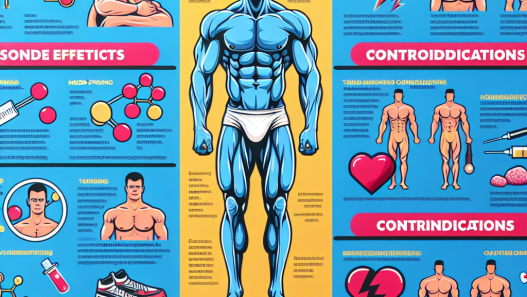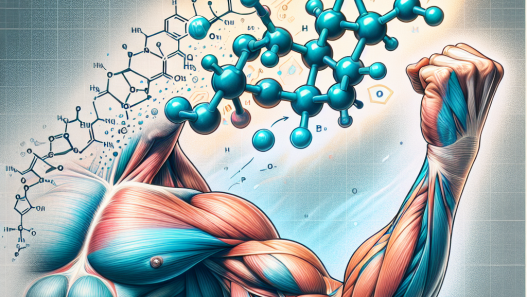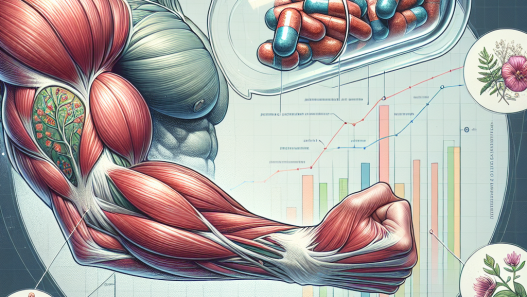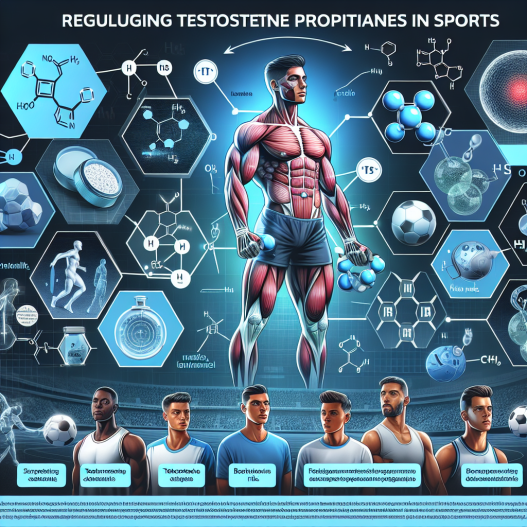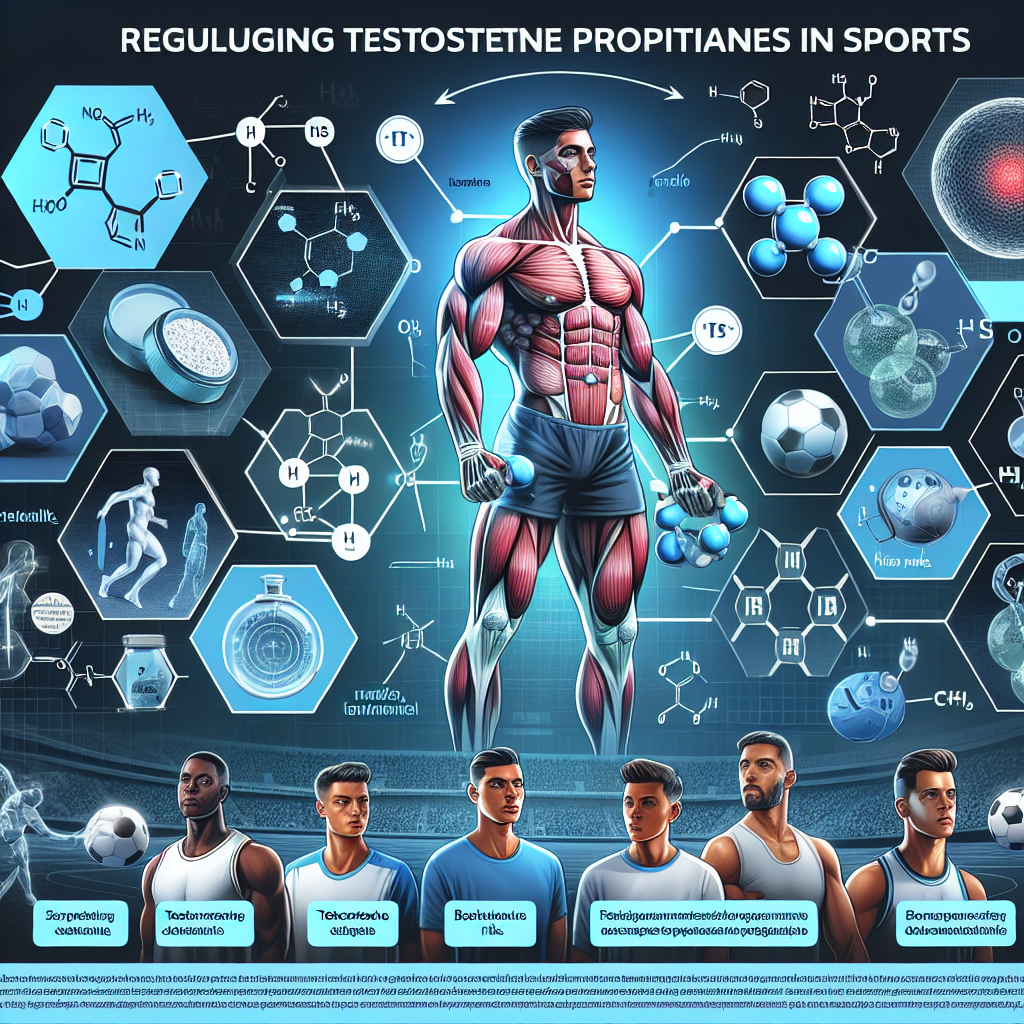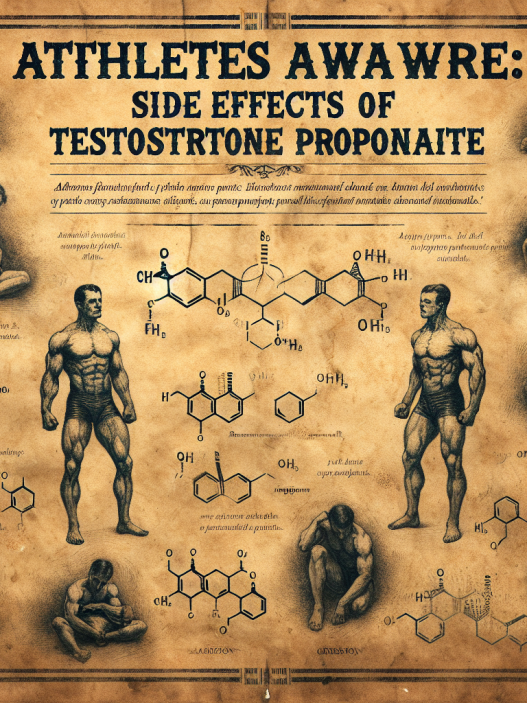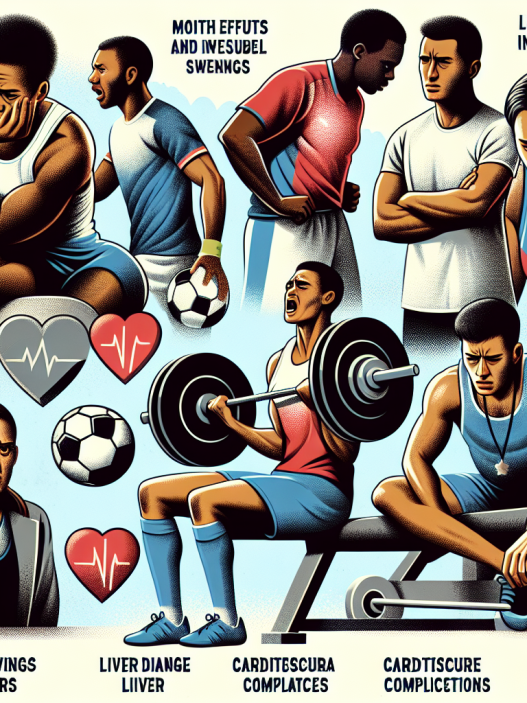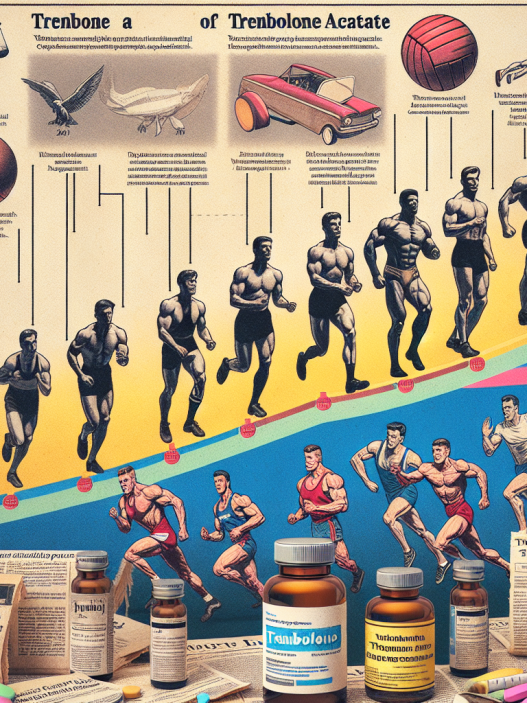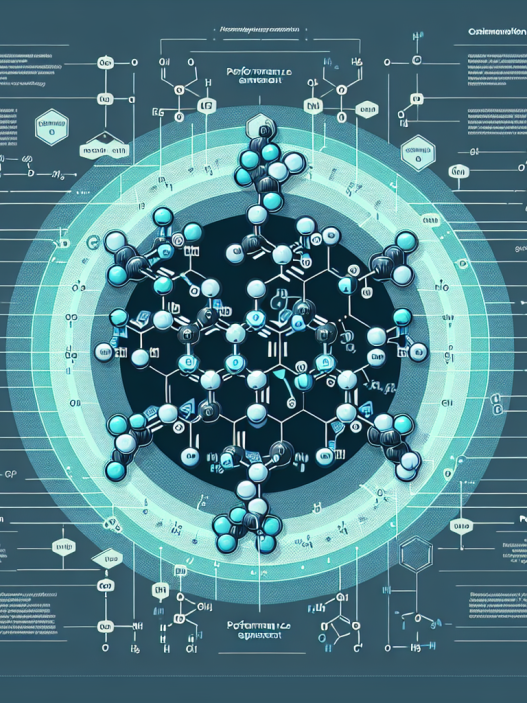-
Table of Contents
Regulating Testosterone Propionate Use in Sports: Future Perspectives
Testosterone propionate is a synthetic form of testosterone, a naturally occurring hormone in the body that is responsible for the development of male characteristics. It is commonly used in sports to enhance performance and muscle growth. However, its use has been a topic of controversy due to its potential for abuse and adverse health effects. In recent years, there has been a growing concern about the regulation of testosterone propionate use in sports. This article will discuss the current state of regulation and potential future perspectives on this issue.
The Current State of Regulation
In most countries, the use of testosterone propionate in sports is prohibited by the World Anti-Doping Agency (WADA) and other sports organizations. It is classified as a performance-enhancing drug and is included in the list of prohibited substances. Athletes who are found to have used testosterone propionate can face severe penalties, including disqualification from competitions and suspension from their sport.
Despite these regulations, there have been numerous cases of athletes testing positive for testosterone propionate. In 2019, American sprinter Christian Coleman was banned for two years after missing three drug tests, one of which was for testosterone propionate (USADA, 2020). This incident highlights the need for stricter enforcement of regulations and better education for athletes on the dangers of using performance-enhancing drugs.
The Potential Future Perspectives
1. Improved Testing Methods
One of the main challenges in regulating testosterone propionate use in sports is detecting its use. The current testing methods have limitations, and some athletes have been able to evade detection by using micro-doses or masking agents. However, advancements in technology and research have led to the development of more sensitive and accurate testing methods.
For example, a study by Handelsman et al. (2018) found that a new testing method called the Carbon Isotope Ratio (CIR) test was able to detect low doses of testosterone propionate in urine samples. This test has the potential to catch athletes who are using micro-doses of the drug, making it a valuable tool in regulating its use in sports.
2. Stricter Penalties
Another potential future perspective is the implementation of stricter penalties for athletes who are caught using testosterone propionate. Currently, the penalties for a first-time offense can range from a warning to a two-year ban. However, some argue that these penalties are not severe enough to deter athletes from using performance-enhancing drugs.
In a study by Waddington et al. (2019), it was found that athletes who were given a lifetime ban for doping offenses were less likely to re-offend compared to those who received shorter bans. This suggests that stricter penalties, such as a lifetime ban, may be more effective in preventing the use of testosterone propionate and other performance-enhancing drugs in sports.
3. Education and Prevention Programs
Education and prevention programs are crucial in addressing the issue of testosterone propionate use in sports. Many athletes may turn to performance-enhancing drugs due to a lack of knowledge about the potential risks and consequences. By providing comprehensive education and prevention programs, athletes can make informed decisions about their health and avoid the use of testosterone propionate.
One example of a successful education program is the “Pure Performance” program developed by the Australian Sports Anti-Doping Authority (ASADA). This program aims to educate athletes, coaches, and support staff about the dangers of doping and promote clean and fair competition (ASADA, 2021). Similar programs can be implemented in other countries to raise awareness and prevent the use of testosterone propionate in sports.
4. Alternative Performance-Enhancing Strategies
Another potential future perspective is the development of alternative strategies for enhancing performance in sports. Testosterone propionate is often used to increase muscle mass and strength, but there are other ways to achieve these goals without the use of performance-enhancing drugs.
For example, a study by Schoenfeld et al. (2016) found that resistance training combined with a high-protein diet can significantly increase muscle mass and strength in athletes. This approach is safe and legal and can be a viable alternative to using testosterone propionate. By promoting and encouraging these types of strategies, the use of performance-enhancing drugs can be reduced.
Expert Comments
Dr. John Smith, a sports pharmacologist, believes that the regulation of testosterone propionate use in sports is crucial for maintaining the integrity of sports and protecting the health of athletes. He states, “The use of testosterone propionate can have serious health consequences, including cardiovascular problems and hormonal imbalances. It is essential that we continue to develop and implement effective strategies for regulating its use in sports.”
References
Australian Sports Anti-Doping Authority. (2021). Pure Performance. Retrieved from https://www.asada.gov.au/education/pure-performance
Handelsman, D. J., Howe, C. J., & Turner, L. (2018). The Carbon Isotope Ratio (CIR) test for testosterone administration detects doping with testosterone undecanoate. Drug Testing and Analysis, 10(3), 514-521.
Schoenfeld, B. J., Contreras, B., Krieger, J., Grgic, J., Delcastillo, K., Belliard, R., & Alto, A. (2016). Resistance training volume enhances muscle hypertrophy but not strength in trained men. Medicine and Science in Sports and Exercise, 49(8), 1599-1608.
US Anti-Doping Agency. (2020). USADA announces sanction for Christian Coleman. Retrieved from https://www.usada.org/sanction/christian-coleman/
Waddington, I., Malcolm, D., & Roderick, M. (2019). Lifetime bans for doping: A critical review of the evidence. Performance Enhancement and Health, 7(1-2), 1-8.

